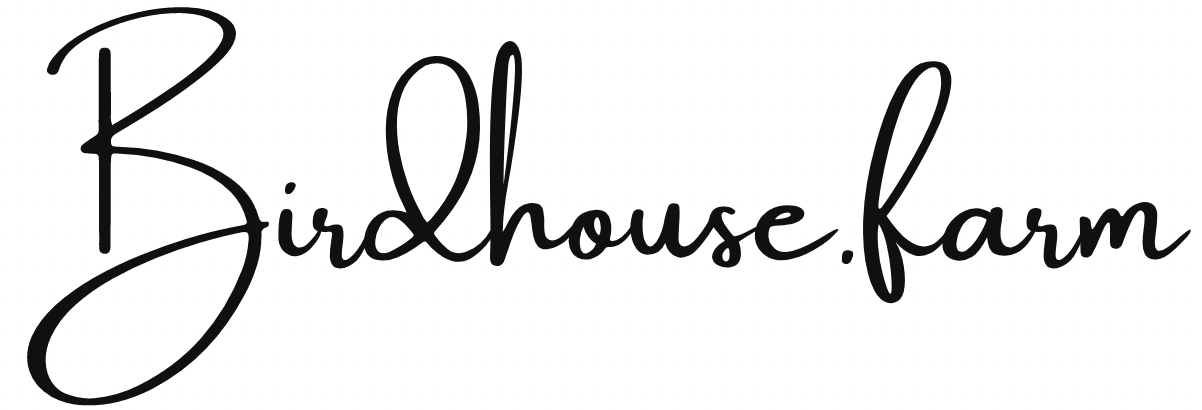Attracting Native Bees to Your Kansas Garden: Supporting Local Pollinators Over European Bees
Kansas, with its diverse landscapes and rich biodiversity, provides an ideal habitat for native bee species crucial to our ecosystem's health. Unlike European honeybees, which often dominate agricultural landscapes, native bees play a vital role in pollinating local plants and crops while requiring less management and resources. Here’s how you can attract and support native bees in your Kansas garden:
1. Plant Native Wildflowers and Shrubs: Native bees have co-evolved with local plants and are adapted to their pollen and nectar. Plant a variety of native wildflowers such as purple coneflower, aster, and prairie clover, and shrubs like buttonbush and chokeberry. These plants provide essential food sources for native bees throughout the growing season.
2. Provide Nesting Sites: Many native bee species nest in the ground or in hollow plant stems. Leave patches of bare soil or create bee-friendly nesting areas with sandy or clayey soil. You can also bundle hollow plant stems together or use bee hotels made from untreated wood to provide safe nesting sites.
3. Avoid Pesticides and Herbicides: Chemicals can be harmful to bees and other pollinators. Opt for natural pest control methods and choose native plants that are naturally resistant to pests. Integrated pest management techniques help maintain a healthy balance in your garden without harming beneficial insects.
4. Support Biodiversity: Diverse landscapes support a variety of native bee species. Include a mix of flowering plants with different shapes, colors, and bloom times to attract a wide range of bees. Create habitat corridors by connecting gardens with natural areas, helping bees find food and nesting sites more easily.
5. Educate and Advocate: Spread awareness about the importance of native bees and their role in ecosystem health. Encourage others to adopt bee-friendly gardening practices and support local initiatives that protect pollinator habitats.
Why Choose Native Bees Over European Bees? While European honeybees are valuable pollinators, native bees offer distinct advantages:
Efficiency: Native bees are often more efficient pollinators of native plants than honeybees.
Adaptability: They are adapted to local environmental conditions and are less likely to compete with native plants for resources.
Resilience: Native bee populations are better adapted to local pests and diseases, reducing the need for chemical interventions.
By supporting native bees in your Kansas garden, you not only enhance biodiversity but also contribute to the resilience of local ecosystems. Embrace sustainable gardening practices that prioritize native species and create a welcoming environment for these essential pollinators. Together, we can protect and celebrate Kansas's native bees for generations to come.


